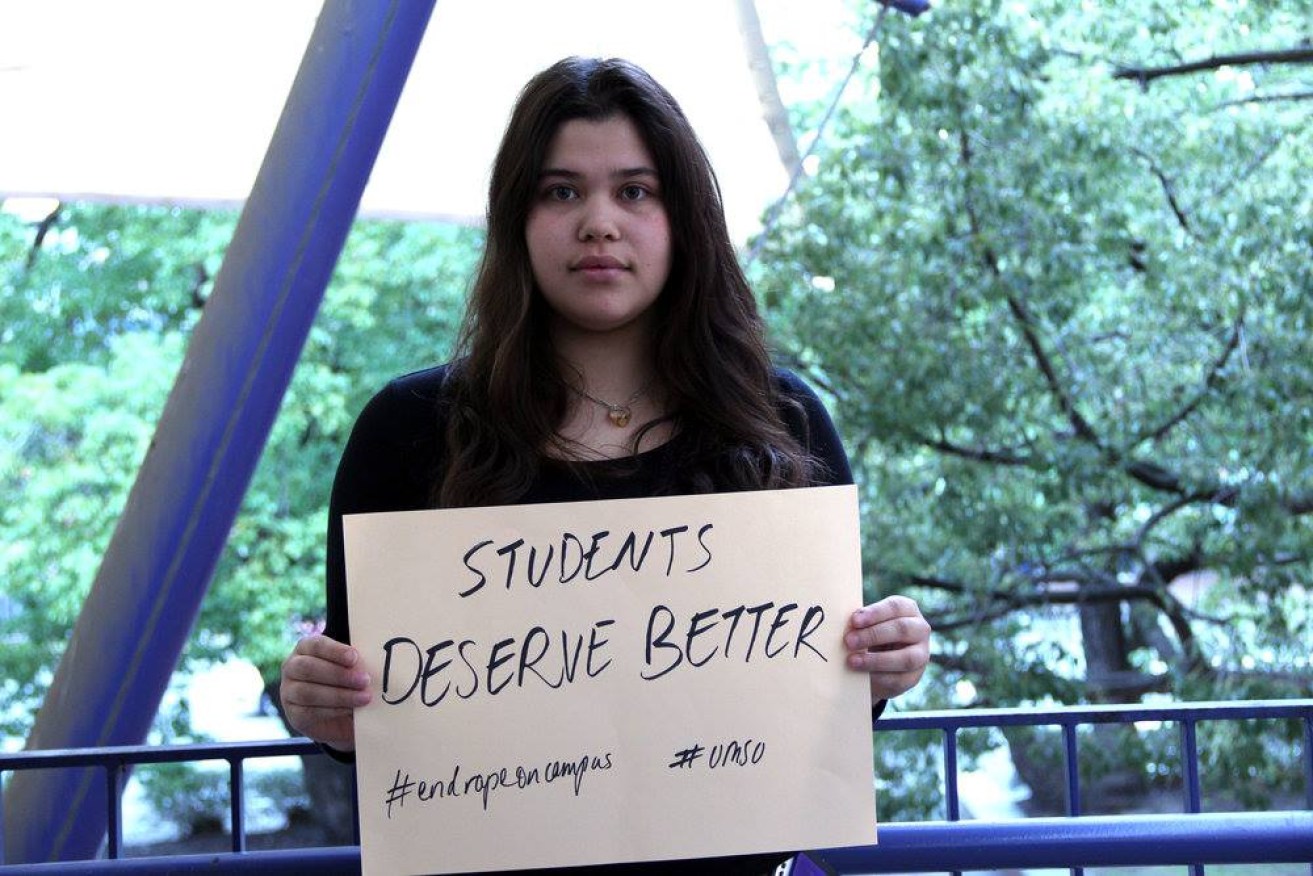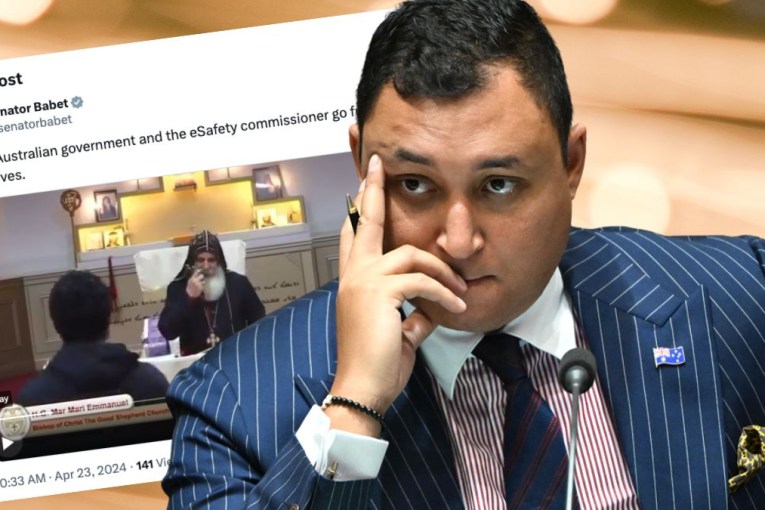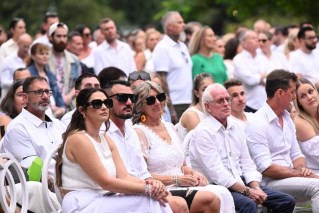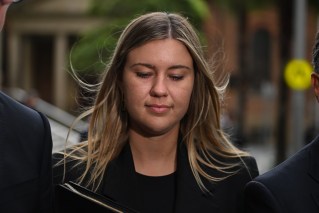Shocking data on sexual assault and harassment on campus


A survey of more than 30,000 students shows the extent of sexual harassment and assault at universities. Photo: End Rape on Campus Australia
Students are being sexually assaulted and harassed at Australian universities at alarming rates, and they say the institutions have failed to protect them.
One in four students was sexually harassed in a university setting over the last two years, the Australian Human Rights Commission (AHRC) found in a survey of more than 30,000 students at 39 institutions across the country.
More than half of students (51 per cent) were harassed on at least one occasion last year, while 6.9 per cent were assaulted at least once over the last two years. That figure was 10 per cent for women.
The report described a university setting as campus and colleges, travel to and from campus, university events and employment.
The National Union of Students said students fought for the survey to happen and now saw their lived experiences in concrete data.
“Universities can no longer bury their heads in the sand and ignore sexual assault and harassment,” NUS women’s officer Abby Stapleton said.
“The prevalence of gendered violence on campus has become so great, universities need to fess up and acknowledge that they have failed to protect students, and allowed rape culture to manifest on campus.”
‘Not the full picture’
Disturbingly, the report found students were severely underreporting abuse. Students did not make a formal complaint 87 per cent of the time for assault, and 94 per cent of the time for harassment.
Most students said they had little or no knowledge about how they could make a complaint. Often, students did not make a complaint because they did not think their experience was serious enough.
Sex Discrimination Commissioner Kate Jenkins said many students were further traumatised through official channels.
She said one woman was asked about her drinking habits and was told what not to do to avoid being assaulted in future.
Another student, who was raped by a member of her sporting club, was then ostracised when the club was informed of her complaint.
Ms Jenkins said many students became anxious on campus because they were afraid of seeing their perpetrator.
“In some cases, the fear was so great the student dropped out altogether,” she said.
Others were denied special consideration, like an extension, for assignments after reporting an assault.

Anna Hush, of End Rape on Campus and a former women’s officer at the University of Sydney, said action was long overdue. Photo: End Rape on Campus Australia
Transgender and gender diverse students were most likely to be harassed or assaulted. Women were three times more likely to be targeted than men, who were the perpetrators in 71 per cent of harassments and 83 per cent of assault claims.
Aboriginal and Torres Strait Islander students, those with disabilities, and bisexual, gay, or lesbian students were more likely to be assaulted or harassed.
‘No safe places’
Harassment was most likely to occur on public transport to or from university, followed by university grounds and teaching spaces.
One woman said she took the same bus as her university lecturer, and was eventually forced to arrange her sister to call her at the same time every day to avoid harassment after he kissed her on the cheek.
Sexual assault was most likely to occur at a university or college event.
The Universities Australia 10-point plan:
- Developing respectful relationships education
- Recommit to the Respect. Now. Always. initiative
- Introduce new principles for postgraduate student and staff interaction
- Harassment and assault education and awareness training for university leadership and staff
- Extending first responder training to more frontline university staff
- Specialist professional development for university counsellors
- Development for best-practice guidelines
- An interim national support line
- A follow-up national survey in three years
- Training and education in colleges and residential halls
Distressed readers should phone 1800 Respect on 1800 737 732, or the 24-hour support line for survivors of sexual assault at university on 1800 572 224.
– with AAP








